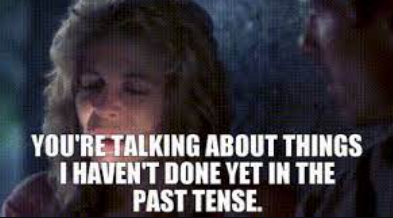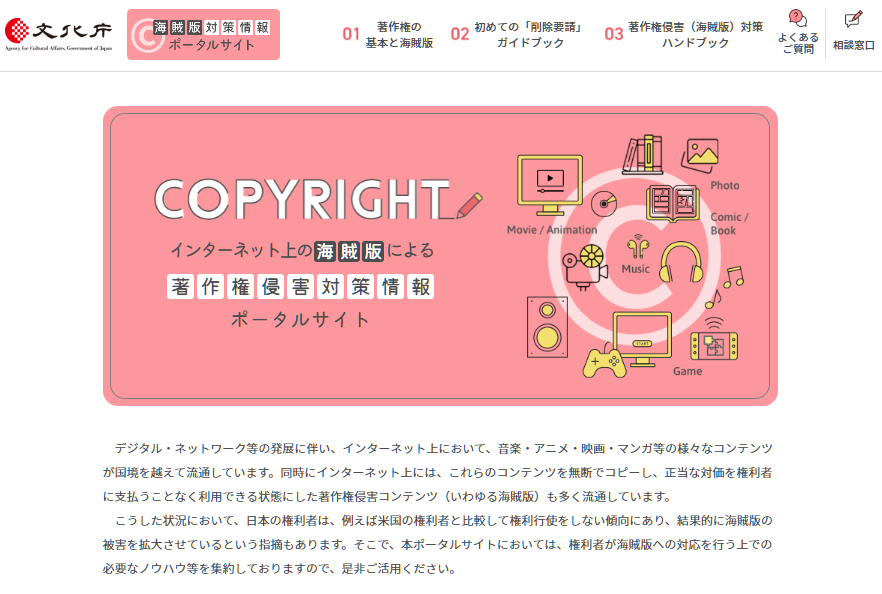-
chevron_right
Google Sues Men Who Weaponized DMCA Notices to Crush Competition
news.movim.eu / TorrentFreak · Tuesday, 14 November - 10:44 · 4 minutes
 While all non-compliant DMCA takedown notices are invalid by default, there’s a huge difference between those sent in error and others crafted for purely malicious purposes.
While all non-compliant DMCA takedown notices are invalid by default, there’s a huge difference between those sent in error and others crafted for purely malicious purposes.
Bogus DMCA takedown notices are nothing new, but the rise of organized groups using malicious DMCA notices as a business tool has been apparent in recent years.
Since the vast majority of culprits facing zero consequences, that may have acted as motivation to send more. Through a lawsuit filed at a California court on Monday, Google appears to be sending the message that enough is enough.
Defendants Weaponized DMCA Takedowns
Google’s complaint targets Nguyen Van Duc and Pham Van Thien, both said to be residents of Vietnam and the leaders of up to 20 Doe defendants. Google says the defendants systematically abused accounts “to submit a barrage” of fraudulent copyright takedown requests aimed at removing their competitors’ website URLs from Google Search results.
“Defendants have weaponized copyright law’s notice-and-takedown process and used it not for its intended purpose of expeditiously removing infringing content, but instead to have the legitimate content of their competitors removed based on false allegations. Defendants’ illegal, fraudulent scheme harms consumers, third-party businesses, and Google; stifles competition; and threatens to tarnish Google’s trusted brand.”
Over the past few years, Nguyen, Pham and those working with them, are said to have created at least 65 Google accounts to send confirmed bogus notices targeting 117,000 URLs, plus another 500,000 URLs via notices that Google suspects are fraudulent too.
“Defendants appear to be connected with websites selling printed t-shirts, and their unlawful conduct aims to remove competing third-party sellers from Google Search results. Defendants have maliciously and illegally exploited Google’s policies and procedures under the DMCA to sabotage and harm their competitors,” the complaint adds.
Google Aims to Put an End to Abuse, Hold Defendants Accountable
Google goes on to highlight its position as a major intermediary that processes DMCA notices targeting 600 million URLs every year, and the requirement under the DMCA to remove or disable content notified as allegedly infringing. If the company fails to act expeditiously once in receipt of a DMCA notice that complies with the statutory requirements, the company risks losing its safe harbor protection, Google notes.
Since Google must often rely on the accuracy of statements made in DMCA notices, fraudulent notices can result in content being wrongfully taken down. That damages the company’s search engine advertising business, and the business Google’s customers hoped to attract. In this matter, the defendants’ embarked on a campaign that exploited Google’s systems and the DMCA takedown process to undermine their competitors.
Fake Names, Fraudulent Representations
The misrepresentations in notices sent to Google were potentially damaging to other parties too. Under fake names, the defendants falsely claimed to represent large companies such as Amazon, Twitter, and NBC News, plus sports teams including the Philadelphia Eagles, Los Angeles Lakers, San Diego Padres.
In similarly false notices, they claimed to represent famous individuals including Elon Musk, Taylor Swift, LeVar Burton, and Kanye West.
The complaint notes that some notices were submitted under company names that do not exist in the United States, at addresses where innocent families and businesses can be found. Google says that despite these claims, the defendants can be found in Vietnam from where they proudly advertise their ‘SEO’ scheme to others, including via YouTube.
“Bad actors like Defendants use this tactic to attack and fraudulently suppress competitors’ websites and products in Google Search results, making consumers more likely to buy the same or similar products from the bad actors or their affiliates,” the complaint continues.
“Such bad actors know that a fraudulent takedown request often has the same effect as a legitimate one; if a takedown request contains all the elements required under Section 512(c)(3)(A), it likely will trigger removal by Google.
“Unfortunately, to ensure compliance with the DMCA and in reliance on the information submitted in Defendants’ takedown requests, Google’s system removed a significant number of thirdparty website URLs targeted by Defendants for a period of time before Google and/or the websites’ owners figured out what was going on and took appropriate steps to reinstate the URLs.”
A particularly damaging batch of fraudulent notices targeted more than 35,000 URLs operated by a Google customer that spends tens of millions of dollars per year on Google search ads. The effect was a significant drop in traffic during the holiday season, revenue losses for the customer and its sellers of $5 million, and a loss to Google of between $2 and $3 million.
Holding Defendants Accountable
Those who knowingly make false statements in a DMCA notice can be held liable for damages, costs, and attorneys’ fees. In this matter the defendants’ conduct is said to have caused Google to suffer economic harm due to lost advertising revenue, damage to business relations, and the allocation of significant resources to investigate their wrongdoing.
Google seeks attorneys’ fees and damages under 17 U.S.C. §512(f) , in an amount to be determined at trial.
The complaint adds that when the defendants created dozens of Google accounts, each time they entered into enforceable agreements with Google. While Google says it has “performed all its obligations” under those contracts, the actions of the defendants amount to breaches of their contractual obligations to Google and intentional interference in contractual relationships between Google and its advertising customers.
Google says the defendants should be required to pay all general, special, and actual damages that Google “has sustained or will sustain” due to the fraudulent notices.
Google further requests an order to restrain the defendants (and anyone working in concert with them), from submitting any further fraudulent takedown notices and/or creating any Gmail accounts. Google also wants a ban on the defendants using any of its products or services to advertise their websites or products.
The complaint is available here (pdf)
From: TF , for the latest news on copyright battles, piracy and more.





